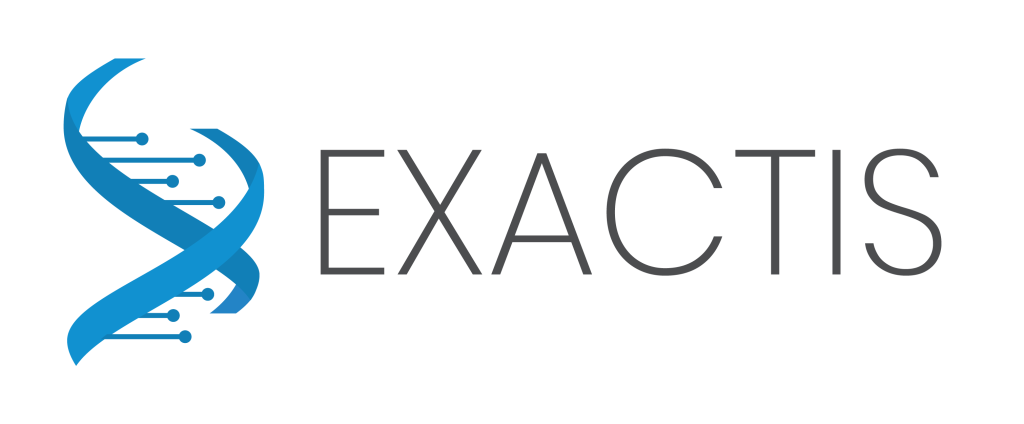BLOG > What’s With RWE – Aaron Leibtag
23 July 2024
Lessons from an AI Health Tech CEO: Aaron Leibtag from Pentavere
Aaron and his team at Pentavere are solving one of the most pressing challenges in healthcare today—unlocking the power of unstructured health data to improve patient outcomes.
Pentavere’s work was born out of a personal tragedy. As Aaron explained, his co-founder’s mother passed away due to missed information in her health records. The necessary data was buried in clinical notes, unstructured and overlooked by the next care team. This unfortunate event was the catalyst that led Aaron and his team to build Pentavere and its mission to solve this widespread problem in healthcare systems globally.
The Problem with Unstructured Health Data
Many people assume that once a doctor enters your information into the system, it is seamlessly shared with the entire care team. However, Aaron highlighted that over 80% of health data exists in unstructured form, such as, clinical notes, transcriptions, and letters, which makes it difficult for clinicians to access. This unstructured data can lead to dangerous gaps in care, as seen in the case of Pentavere’s origin story.
By using advanced natural language processing and large language models, Pentavere’s technology extracts meaning from clinical text to help care teams make evidence-based decisions more quickly.
The Challenge of Bringing AI to Healthcare
One of the key obstacles for Aaron and his team is not just the technology itself but the complexity of working within healthcare systems. Clinicians are incredibly busy, hospitals run on older technology systems, and privacy and ethics remain paramount concerns.
From the very start, Pentavere embedded itself in one of Canada’s leading hospitals, St. Michael’s Unity Health, to gain a real understanding of the healthcare landscape. This strategy allowed them to design AI solutions with privacy and data security as core components, making their technology trustworthy and adaptable even to lower-compute environments found in Canadian hospitals.
Bridging the Gap: Canada vs. The U.S.
While Canadian AI technology is often best-in-class, scaling it commercially in Canada can be challenging due to the differences in incentive models. In the U.S., for example, financial incentives are more straightforward, and hospitals have a clear margin-driven motivation to adopt new technologies that lower readmission rates or improve care coordination. In Canada, those same financial incentives are absent, making it more complex to implement these innovations.
However, Aaron remains optimistic about the future of healthcare innovation in Canada. He emphasized that change is happening—though slowly—and believes that with the right alignment between policymakers, hospital administrators, and technology providers, AI can revolutionize how healthcare is delivered.
Innovation, Incentives, and the Future
We also touched on how the Canadian healthcare system can learn from other sectors, such as financial services, when it comes to using data and AI. Aaron shared that while the U.S. healthcare system has successfully created financial incentives that push for the adoption of new technologies, Canada’s slower pace doesn’t reflect a lack of talent or innovation. Instead, it’s the challenge of aligning incentives and overcoming structural complexities, especially when it comes to commercializing these advancements.
The Entrepreneurial Journey
Towards the end of the conversation, Aaron shared insights into the entrepreneurial journey of starting Pentavere, especially in the highly regulated healthcare industry in Canada. He emphasized the importance of having a clear “why” behind your business. For Aaron, it wasn’t about making money or achieving fame—it was about solving a critical problem that he and his team deeply cared about. This sense of purpose is what sustained them through the ups and downs of entrepreneurship.
In a thought-provoking point, Aaron also explained how Pentavere’s careful attention to privacy and ethics has become a competitive advantage. By building their AI tools with privacy at the forefront, Pentavere has been able to scale its technology in a way that not only meets but exceeds the strict data-sharing requirements in healthcare.
Looking Ahead
The future for Pentavere and Canadian AI in healthcare looks bright. Aaron believes that as more alignment happens within the healthcare system, AI will play an increasingly central role in improving patient outcomes, reducing gaps in care, and making the healthcare system more efficient.
To hear more insights from Aaron Leibtag, be sure to tune into this fascinating episode where we dive deep into AI, healthcare, and the future of medical innovation.
